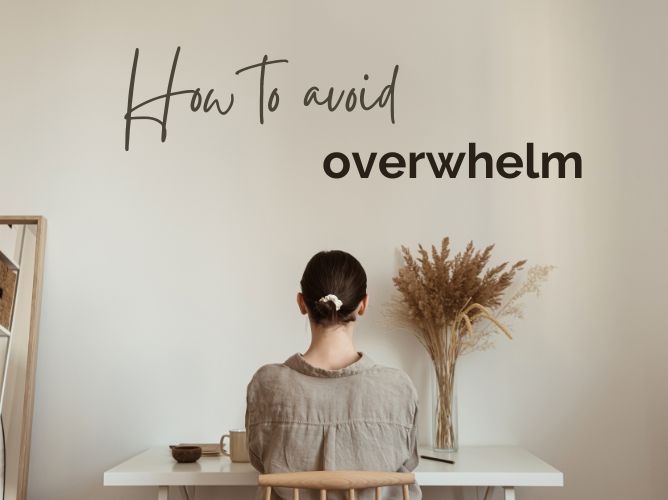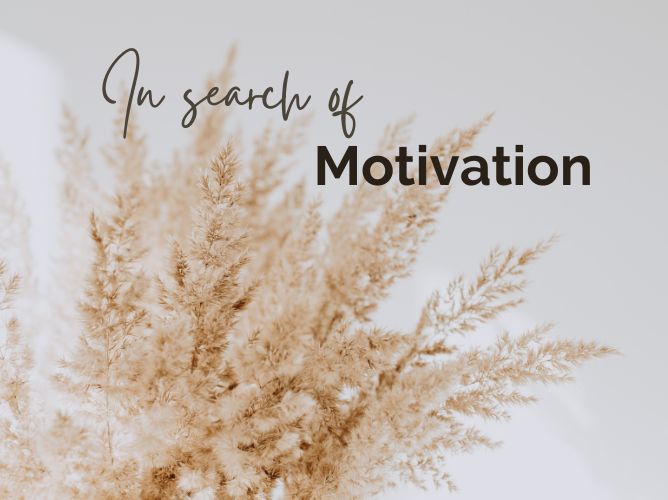In the name of market research, I often encourage my students to talk to their (perceived) target audience.
What I found is that we are very often tempted to go after a ‘sure-fire’ answer by leading people toward the answer we want. One way I see people doing this is by asking a very specific question such as:
“What kind of product would be helpful for your problem XYZ?”
This would work if they could tell you exactly the thing they want and then it just so happens that what you offer is the perfect match and, yippy, success ensues. Maybe that’s possible. But I haven’t seen it happen yet.
Often what they say they want isn’t what they really need.
Often what you think they need isn’t what they would pay for.
That’s why it’s so difficult to know what would work and what wouldn’t work.
It’s precisely why we test our ideas rapidly. Don’t look for certainty. If it’s absolutely certain, the game won’t be worth playing (not profitable).
I was not certain that my book on branding* would be a success. I was never really that certain that I could create a program like Brand Build Mastery. At no point was I one hundred per cent certain that the approach I take in coaching people to build their brand would always work. But I hypothesized that it would, I tested, and at each step, I adjusted my approach and the build of my course as part of that iterative process.
What I had was the sense that people struggle with their mindset around branding. People talked a lot about the struggle to become visible. At no point during my conversations with people did I ask if they would like a program developed for that struggle.
Gather all the evidence first and then start formulating your ideas. What we need is empathy to see and hear what the underlying issues are. As experts in our field, we need to look beyond the surface while paying attention to what our people say. If I had paid attention to what my clients said they wanted, I would have just taken photos and nothing else as a branding photographer. And I wouldn’t be here writing to you.

How to avoid overwhelm
Do you have an overwhelming feeling of ‘Where do I







